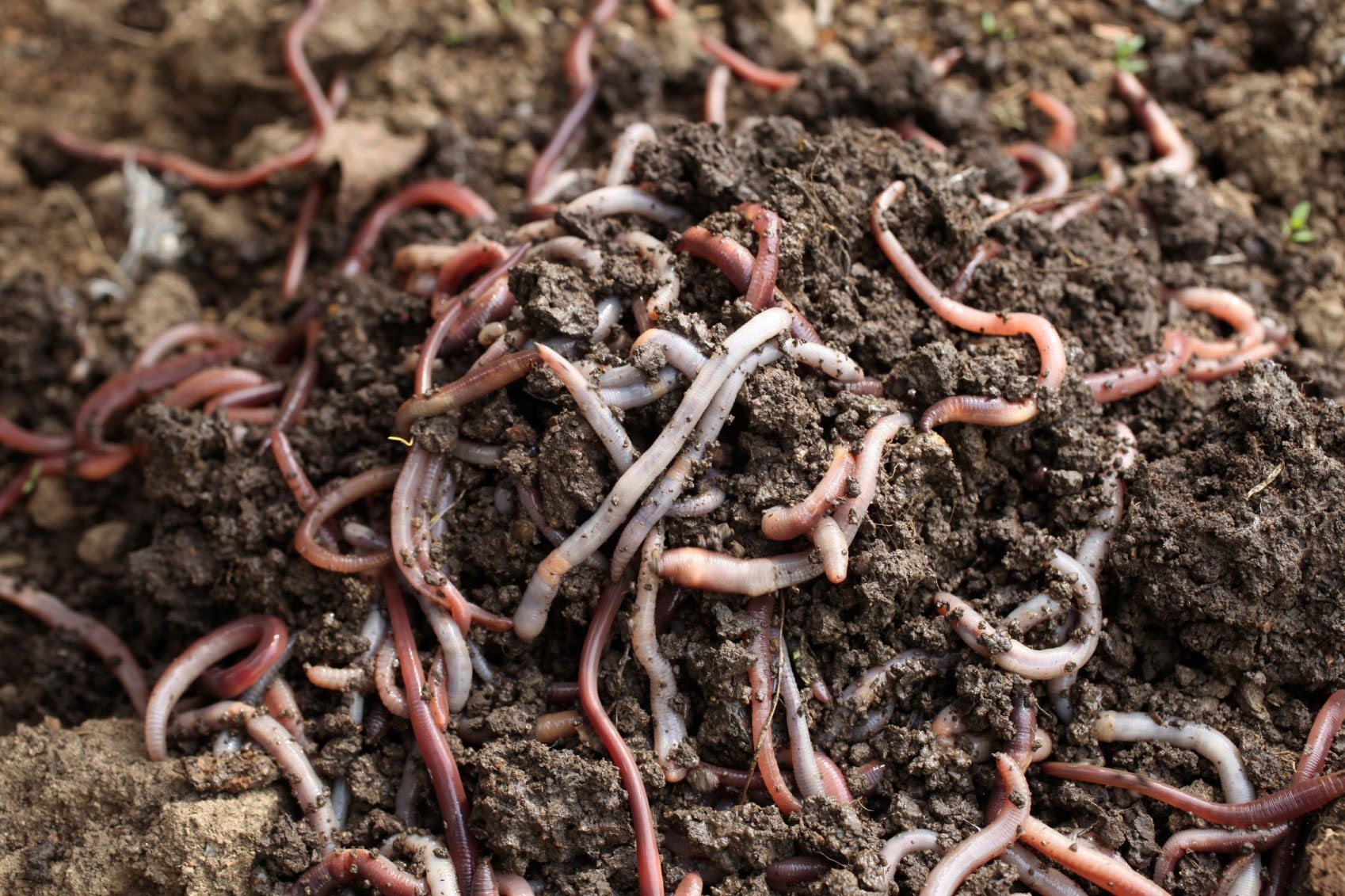- Vermicomposting is considered one of the best options for biomass management. Properly managed microorganisms in the soil can improve the soil's structure.
I will say with confidence that I am very much afraid of worms. Their nature genuinely terrifies me, from how they move to how they generally operate. However, learning this new fact about their contribution to farming is slowly changing my attitude towards them.
Vermicomposting is a process whereby earthworms eat and digest raw organic waste into nutrients in the soil. It may sound weird, but this is actually one of the few ways of naturally maintaining a longer fertility status without subjecting the soil to the chemical fertilizers.
Back in primary school, science taught us the importance of humus in soil. This is very relevant to vermicomposting. The presence of humus in soil is a testament to soil fertility; this means that humus contributes to the amount of nutrients, moisture, and structure of the soil, which automatically sums up the soil’s fertility nature.
Compost refers to a mixture of ingredients used as plant fertilizer and to improve soils physical, chemical, and biological properties. Now, vermicomposting introduces earth worms to the already set compost for decomposition. This helps to nurture the soil with plant growth hormones like Auxins and Gibberellic acid.
This may sound a bit technical for those outside farming practices; however, it is good to have this knowledge in mind just in case you consider farming in the future; it will come in handy as a good farming strategy.
Read More
Vermicomposting is considered one of the best options for biomass management. Microorganisms in the soil can be properly managed and used to improve the structure of the soil.
This mode of farming has gained popularity in many developed countries and is currently being slowly embraced in the farming industry in Kenya. Vermiculture which involves breeding and raising earthworms in a controlled environment is slowly picking.
I am still terrified of worms, but this knowledge is eye-opening. Learning how microorganisms like worms can contribute greatly not only to farming but also to maintaining a general stability in biomass and environmental management and stability is mind-blowing. Be encouraged to explore farming and entrepreneurship in this area.






